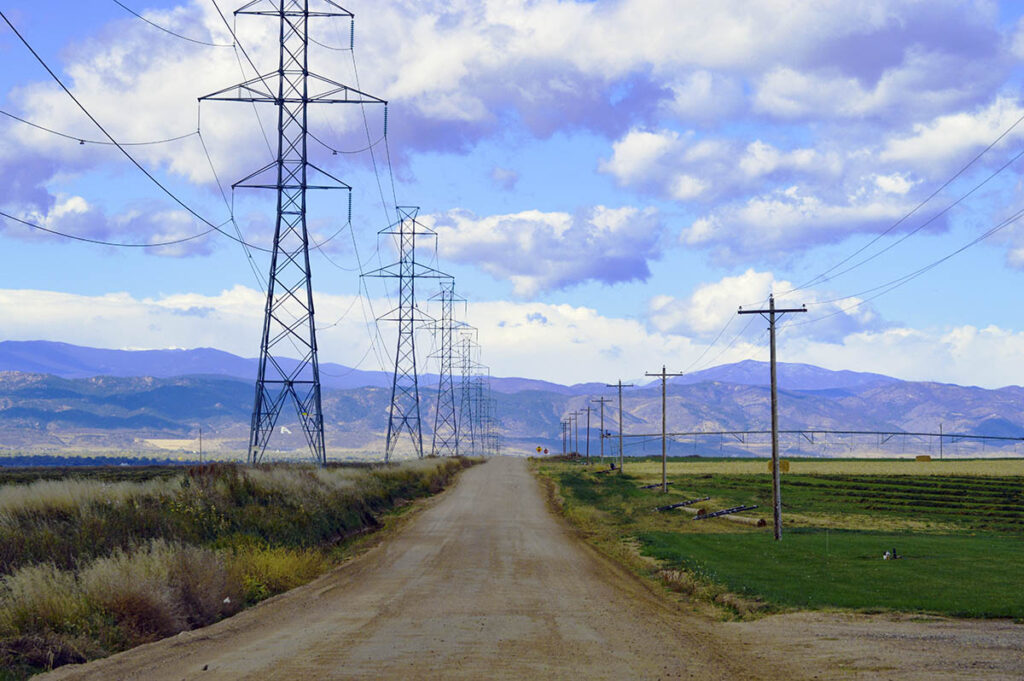
The Environmental Protection Agency’s proposed rule to eliminate power plant emissions of carbon dioxide by 2035 will place electric reliability at risk, hike electricity costs and hurt the U.S. economy, NRECA CEO Jim Matheson said.
“EPA’s proposal is unrealistic, unachievable, unlawful and will reduce key generating resources just as Americans are increasing their reliance on electricity,” Matheson said.
“This proposed rule will result in higher costs and greater uncertainty for Americans and magnify today’s reliability challenges with grave consequences for an already stressed electric grid.”
Electric cooperatives are national leaders in developing tools, methods and technologies to reduce emissions, including significant research in carbon capture and sequestration, but the rule proposed by EPA “is the wrong plan at a critical time for our nation’s energy future,” Matheson said.
In comments to the EPA on Aug. 8, NRECA explained how the proposal would hamper reliable, affordable service to the millions of Americans who depend on electric co-ops. It would also hinder operation of natural gas plants and result in the closure of baseload coal units when the rule’s full restrictions take effect.
“EPA’s proposal represents the biggest, most consequential set of rules to regulate new and existing power plants,” Matheson said.
NRECA urged the agency to withdraw its power plant rule because it:
- Violates the law and exceeds EPA’s authority while also disregarding recent Supreme Court rulings.
- Hinges on widespread adoption of technologies that are promising, but not ready for prime time.
- Contains timelines that are unrealistic and unachievable.
- Will jeopardize reliability and result in more blackouts, higher costs, and greater uncertainty for American families and businesses.
EPA is expected to finalize its proposed power plant rule in the spring of 2024.
Matheson said co-ops are being smart and strategic about managing grid resources, but EPA’s proposal will simultaneously increase reliability risks and costs for consumers.
“From deploying microgrids and renewables to launching demand response programs, electric cooperatives take an innovative and diverse approach as they work towards a responsible energy future,” Matheson said.
“But expecting the industry to generate more electricity with fewer resources while adhering to unrealistic timelines is not a serious or practical approach. The proposed rule must be withdrawn.”
Cathy Cash is a staff writer for NRECA.